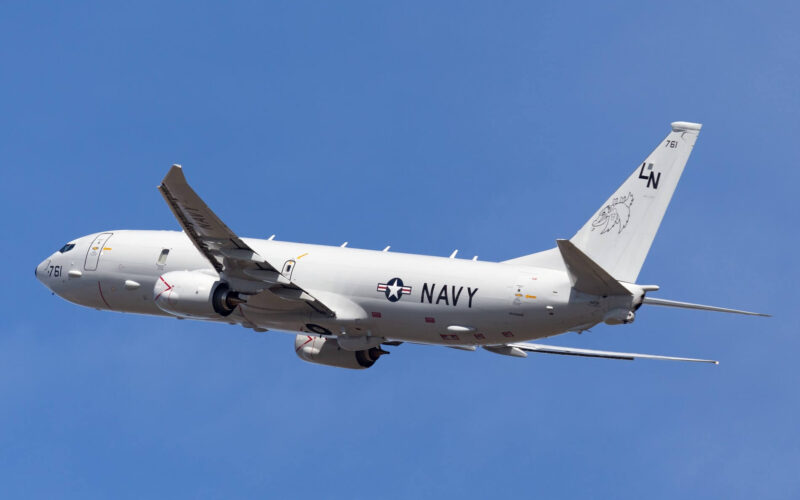Indonesia refused to allow the P-8 Poseidon maritime patrol aircraft of the United States Navy to refuel on their land when they operate in the Pacific Ocean.
Despite multiple demands from U.S. officials, Indonesian president Joko Widodo rejected the request, according to official sources quoted by Reuters. The refusal was motivated by Indonesia’s neutral stance in the contest of influence currently playing in Southeast Asia between China and the United States.
In recent times, the United States has been actively using the P-8 Poseidon maritime patrol aircraft over the South China Sea, operating from bases in Singapore, the Philippines and Malaysia. Its mission is to oversee the activity of the Chinese military in the region.
In August 2020, the People’s Liberation Army of China fired a DF-21 hypersonic anti-ship missile in the South China Sea as a show of force. “This is China’s response to the potential risks brought by the increasingly frequent incoming US warplanes and military vessels in the South China Sea,” a Chinese military source commented to the South Morning China Post.
Both the Philippines and Malaysia have conflicting claims with Beijing in the area ‒ as the latter claims the South China Sea is part of its national territory. Indonesia, however, only possesses a few territories, called the Natuna islands, bordering the area.
Keeping an eye on China
The P-8 Poseidon is a multi-role maritime patrol aircraft, equipped with a naval search radar for search and tracking capability. Based on the fuselage of the Boeing 737-800, with the wings of the -900, it is powered by two CFM56-7B engines from CFM International, giving it a range of 5900 kilometers (3666 miles).
It can also be fitted, both internally and externally, with an array of armaments dedicated to submarine and anti-ship warfare, such as torpedoes, mines, depth charges, and anti-ship missiles.
Boeing was recently awarded a $61.6 million contract to offer “engine depot-level maintenance and repair support” for the P-8A Poseidon of the US Navy and other foreign sales customers.

